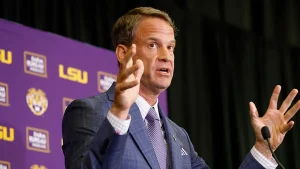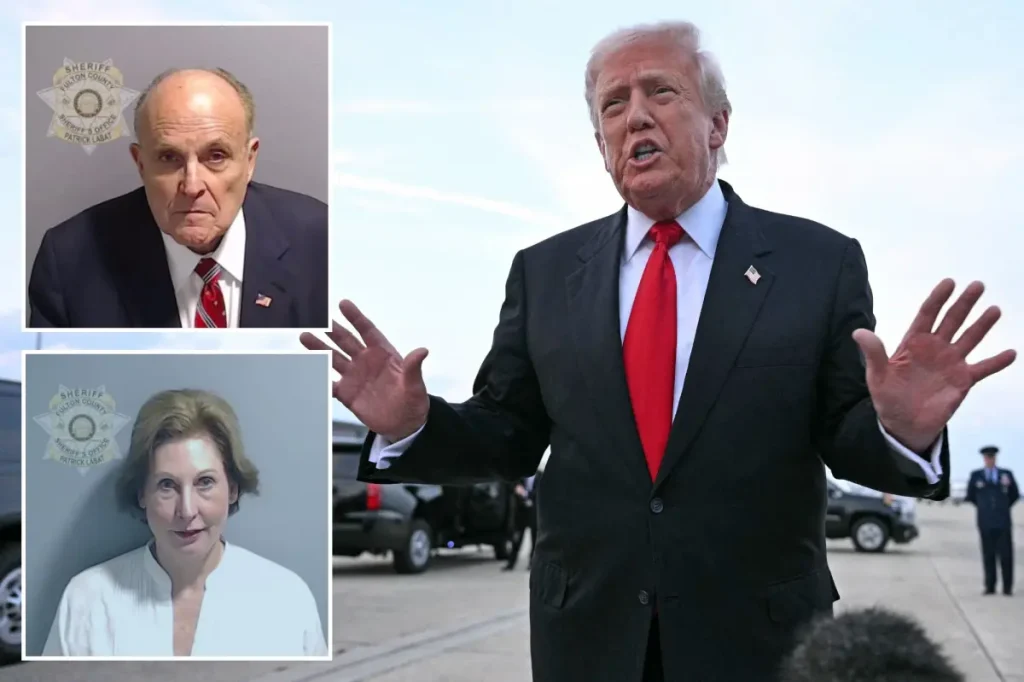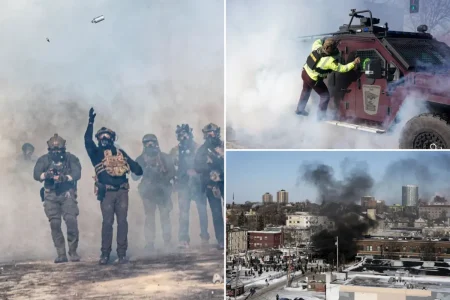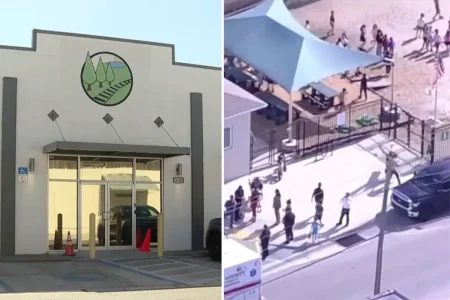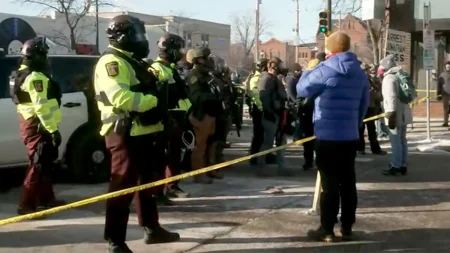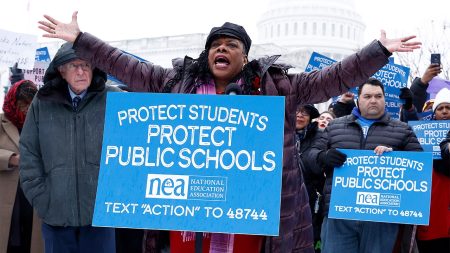Trump Pardons 77 Individuals Linked to 2020 Election Challenges
In a significant move late Sunday evening, President Trump granted clemency to 77 individuals who were implicated in legal challenges surrounding the disputed 2020 presidential election. The White House announcement, shared just before 11 p.m. by Trump’s “clemency czar” attorney Ed Martin on social media platform X, included pardons for several high-profile figures who stood by Trump during his claims of election irregularities. Among those receiving pardons were former New York Mayor Rudy Giuliani, attorneys Sidney Powell and Kenneth Chesebro, and former White House Chief of Staff Mark Meadows. These individuals had faced various legal troubles related to their efforts to investigate and challenge the election results in several battleground states that were officially declared for Joe Biden, including Georgia, Arizona, and Michigan. The announcement specifically noted that the pardons do not apply to President Trump himself.
The pardons touch on one of the most contentious chapters in recent American political history, covering individuals who were involved in what critics called the “fake electors” strategy. This controversial approach involved organizing alternate slates of presidential electors from key battleground states where the election results were being contested. According to their supporters, these individuals were exercising legitimate legal options to challenge what they believed were problematic election processes. Many of those pardoned had faced mounting legal bills and personal hardships as investigations in multiple states targeted their activities during the tumultuous post-election period. For them, the pardons represent not just legal relief but vindication of their belief that they were acting in what they considered the best interests of electoral integrity.
The pardon list extended well beyond the most recognizable names to include campaign aides and legal advisors who had worked behind the scenes during the election challenges. John Eastman, a constitutional lawyer who advised Trump on election matters, received a pardon, as did Christina Bobb and Boris Epshteyn, who served as legal advisors during the post-election period. These individuals had developed legal theories and strategies that questioned conventional interpretations of election law, arguing that state legislatures held ultimate authority in determining electors. Many had become entangled in multiple investigations across different jurisdictions, creating overlapping legal jeopardy that had placed enormous financial and emotional strain on them and their families. The pardons effectively end these legal proceedings against them, though the political debate about their actions will undoubtedly continue.
The timing of the pardons reflects the complex relationship between legal proceedings and political narratives in American democracy. Coming after Trump’s return to the White House but before many of these cases had reached their conclusion in court, the pardons short-circuit what might have been years of additional litigation. For supporters of those pardoned, this represents mercy for patriots who were being persecuted for challenging powerful interests. For critics, the pardons represent an unfortunate interruption of the judicial process that might have more fully established the facts surrounding the post-election period. The broad sweep of the pardons—covering dozens of individuals across multiple states—suggests a comprehensive approach to addressing what the administration views as politically motivated prosecutions stemming from the heated aftermath of the 2020 election.
Behind each name on the pardon list lies a human story of professional lawyers, political operatives, and concerned citizens who became central figures in an extraordinary moment in American history. Many had distinguished careers before becoming entangled in election controversies. Rudy Giuliani had once been celebrated as “America’s Mayor” for his leadership after the September 11 attacks. Sidney Powell had built a reputation as a federal prosecutor before turning to private practice. Kenneth Chesebro was a Harvard-educated attorney with extensive constitutional experience. The pardons acknowledge the enormous personal cost these individuals have borne—from disbarment proceedings to bankruptcy-inducing legal fees to public vilification. For many of them, the pardon offers a chance to rebuild lives and reputations that had been severely damaged by their involvement in the election challenges.
The reaction to the pardons highlights America’s continuing struggle to find common ground regarding the 2020 election and its aftermath. Supporters of the pardons celebrate what they see as justice for individuals who had the courage to stand against what they viewed as electoral improprieties. They view the legal troubles these 77 individuals faced as attempts to criminalize legitimate political disagreement. Critics, meanwhile, see the pardons as undermining accountability for actions they believe threatened the peaceful transfer of power—a cornerstone of American democracy. What remains unclear is how history will ultimately judge both the actions of those pardoned and the decision to grant them clemency. What is certain is that these pardons represent another significant chapter in the ongoing story of how America navigates profound disagreements about elections, democracy, and the rule of law—fundamental questions that continue to shape the nation’s political landscape.
